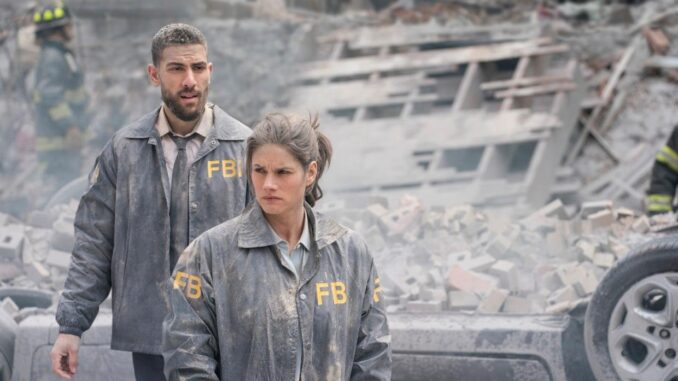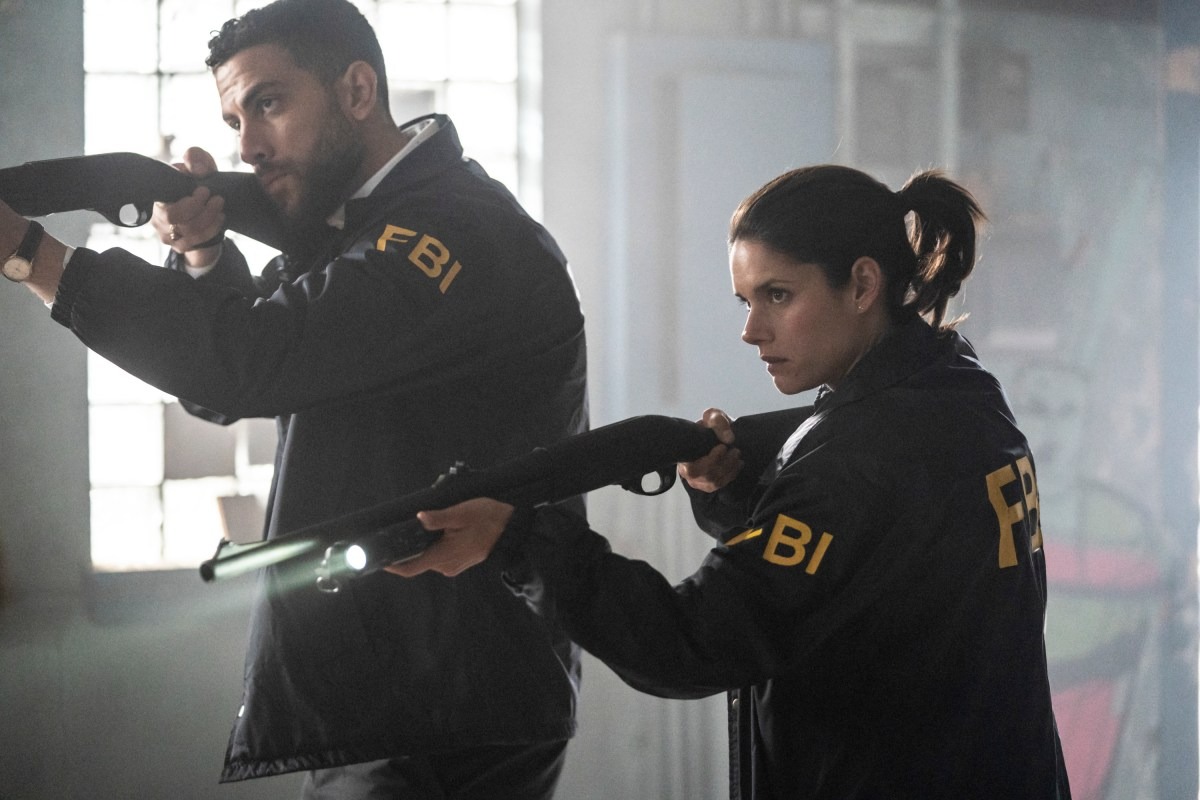
Introduction
Television dramas often blur the line between fiction and reality, but sometimes that line disappears entirely. That’s exactly what happened on the set of FBI, the hit CBS series created by Dick Wolf. Known for gritty, high-stakes storytelling, Wolf’s work has always leaned into realism—but according to several cast members, one particular episode cut so deep that it triggered real memories of 9/11.
Let’s peel back the curtain and look at what made this episode so powerful—and so painful—for the actors involved.
The Vision Behind Dick Wolf’s FBI
Dick Wolf, the mastermind behind franchises like Law & Order and Chicago PD, envisioned FBI as a grounded portrayal of federal agents on the frontlines. His goal? Accuracy and authenticity. But what happens when storytelling becomes too real?
The show’s creators worked closely with consultants from real federal agencies, making every explosion, every investigation, and every emotional breakdown feel disturbingly believable.
When Fiction Feels Like Reality
There’s a reason why viewers get hooked on FBI. It doesn’t feel like a typical crime procedural. It feels raw. Real. And sometimes… too real. For one episode in particular, the parallels to real-world events—especially 9/11—were eerily strong.
The Episode That Changed Everything
While the show has seen its fair share of intense storylines, Season 5’s terrorist-themed episode reportedly sent shockwaves through the cast. Without spoiling the plot, the storyline centered around a bombing plot targeting a public location—executed with precision, panic, and visuals hauntingly similar to 9/11.
Even for seasoned actors, it was a line they hadn’t expected to cross.
Cast Reactions: “It Took Us Back to 9/11”
Sources from the set reveal that some cast members, especially those native to New York or with personal ties to 9/11, were emotionally overwhelmed. One actor said, “It felt like we were reliving it… the sights, the smells, the chaos. I couldn’t breathe.”
Another member of the cast reportedly had to step off set for an extended break, saying, “It reminded me of that day—where I was, what I saw. It wasn’t acting anymore.”
How Close Is Too Close?
There’s a fine line between honoring reality and triggering trauma. The intention behind the episode may have been noble—to portray the heroism and chaos federal agents deal with—but some argue it crossed the line.
Does authenticity always justify the emotional toll?
Recreating Trauma for Television
Think about it—actors are human. They don’t just memorize lines; they step into real emotional spaces. When a storyline mirrors something as traumatic as 9/11, it’s more than “just a role.” It’s a visceral experience.
The makeup team reportedly struggled to finish applying soot and debris effects because actors kept tearing up between takes.

Why Realism Matters in Crime Dramas
Dick Wolf has always championed realism. It’s what sets his shows apart. Realistic crime scenes, accurate lingo, and grounded storytelling draw viewers in. But this episode may have proven that even realism has its limits.
Still, that same realism is what makes FBI resonate with millions of fans worldwide.
The Mental Toll on the FBI Cast
Imagine showing up for work, thinking you’re playing a character—only to find yourself mentally thrown back into a real-life nightmare. That’s what happened here. The emotional residue reportedly lingered for days.
Some actors later admitted to attending counseling or taking time off to process the emotional aftermath.
Actors Speak Out: “We Had To Stop Filming”
One anonymous crew member shared that filming had to halt multiple times. “There were tears. Real ones. We weren’t sure if we were shooting a scene or living through a memory.”
This level of disruption is rare—even for high-stakes dramas—but it underscored how deeply the material had cut.
A Delicate Balance Between Entertainment and Truth
Audiences expect intensity from a show like FBI, but how much truth is too much? That’s a question the showrunners may have to revisit. Entertainment shouldn’t come at the expense of someone’s mental health—actor or viewer.
What Audiences Don’t See Behind the Scenes
While we binge episodes from our couches, what we don’t see is the toll some scenes take on those creating them. Actors reported dreams, anxiety, and even moments of regret for diving so deep into the material.
The emotional labor of realism isn’t often acknowledged—but in this case, it’s impossible to ignore.
Dick Wolf’s Commitment to Realism
Wolf hasn’t publicly commented on this specific episode, but his track record speaks volumes. He’s built an empire on realism, hiring ex-cops and agents as advisors, using real case studies, and ensuring no detail is left to guesswork.
Still, critics wonder if this level of dedication comes at too high a price.
Should Crime Shows Dial It Down?
It’s a fair question. As TV becomes more immersive, creators must consider the psychological impact of their work—not just on viewers, but on their teams.
Should there be more content warnings? Should cast members receive mental health support before and after intense shoots? Possibly.
Viewers React: Applause or Discomfort?
The episode in question received both praise and backlash. Some applauded its honesty. Others turned it off halfway through, calling it “too much.” On social media, users debated whether it honored or exploited real trauma.
The conversation around it might be more important than the episode itself.
Moving Forward With Empathy in Storytelling
There’s no denying that FBI is powerful television. But power requires responsibility. Going forward, many hope the producers will tread more carefully—continuing to honor the truth, but with greater sensitivity to the emotional toll.
Because storytelling should open hearts—not reopen wounds.
Conclusion
The cast of FBI experienced something rare—when fiction invades reality so deeply that it shakes the soul. Dick Wolf’s dedication to truth in storytelling is commendable, but this episode served as a wake-up call.
Entertainment doesn’t exist in a vacuum. When you tell stories about real pain, real terror, and real heroes, you walk a delicate line between tribute and trauma. And as this experience shows, even actors can get caught in the emotional crossfire.